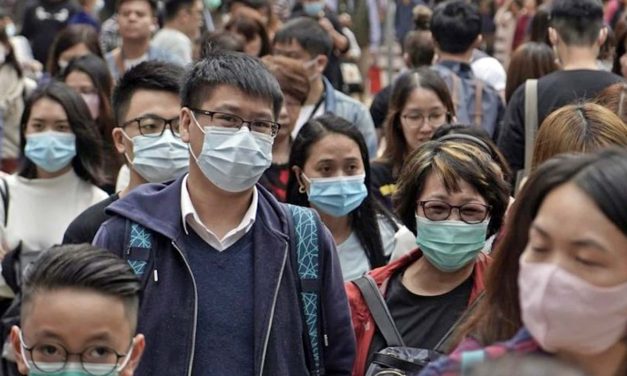Greed is Blinding: The psychological mechanics behind why people believe a con artist
By Barry M. Mitnick, Professor of Business Administration and of Public and International Affairs, University of Pittsburgh What is real can seem pretty arbitrary. It’s easy to be fooled by misinformation disguised as news and deepfake videos showing people doing things they never did or said. Inaccurate information – even deliberately wrong information – doesn’t just come from snake-oil salesmen, door-to-door hucksters and TV shopping channels anymore. Even the president of the United States needs constant fact-checking. To date, he has made an average of 15 false or misleading public claims every day of his presidency, according to a...
Read More















